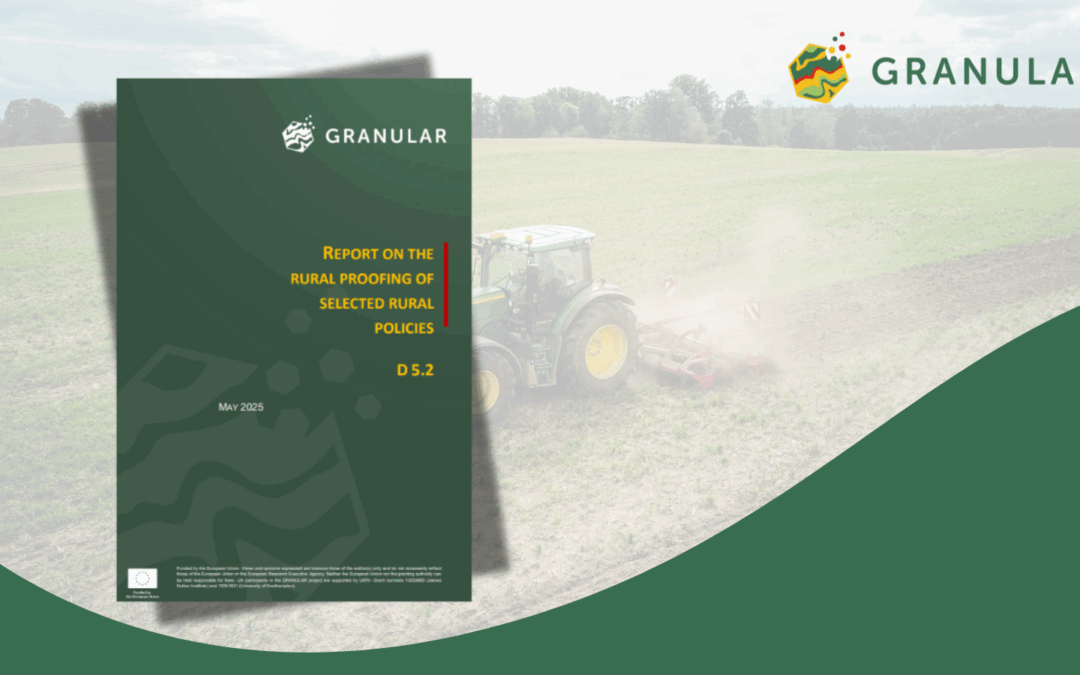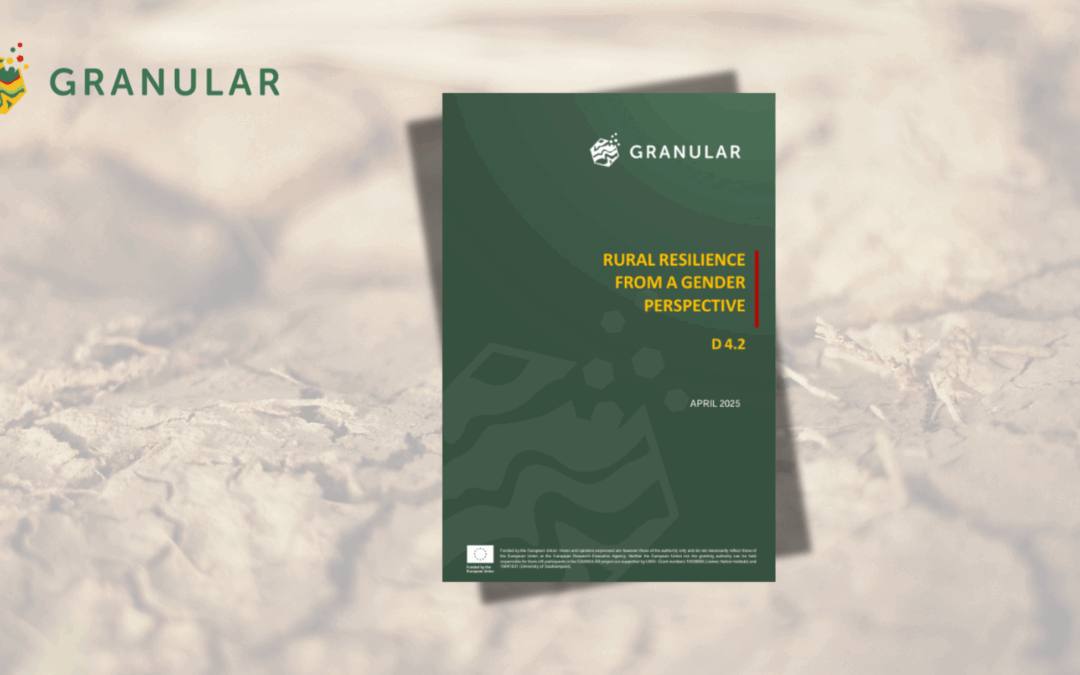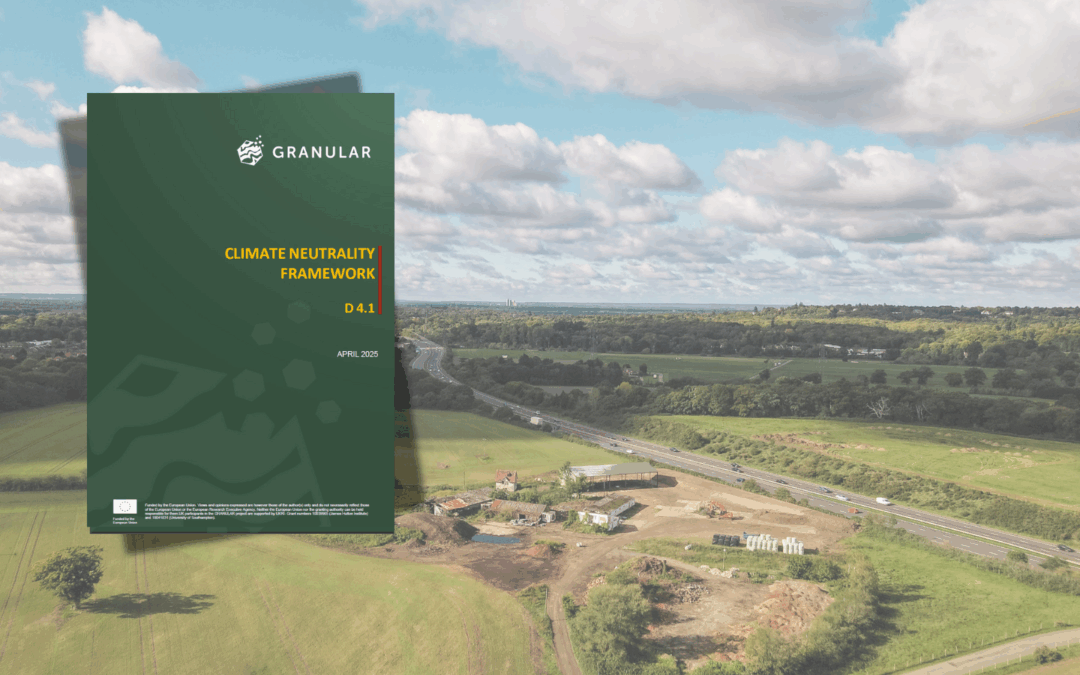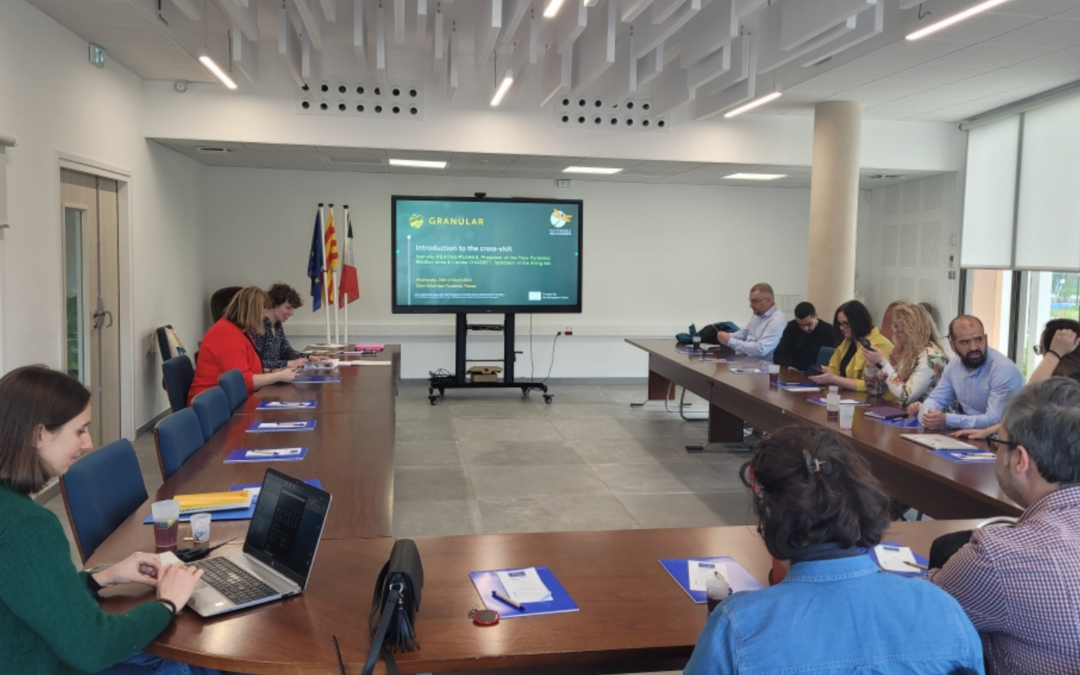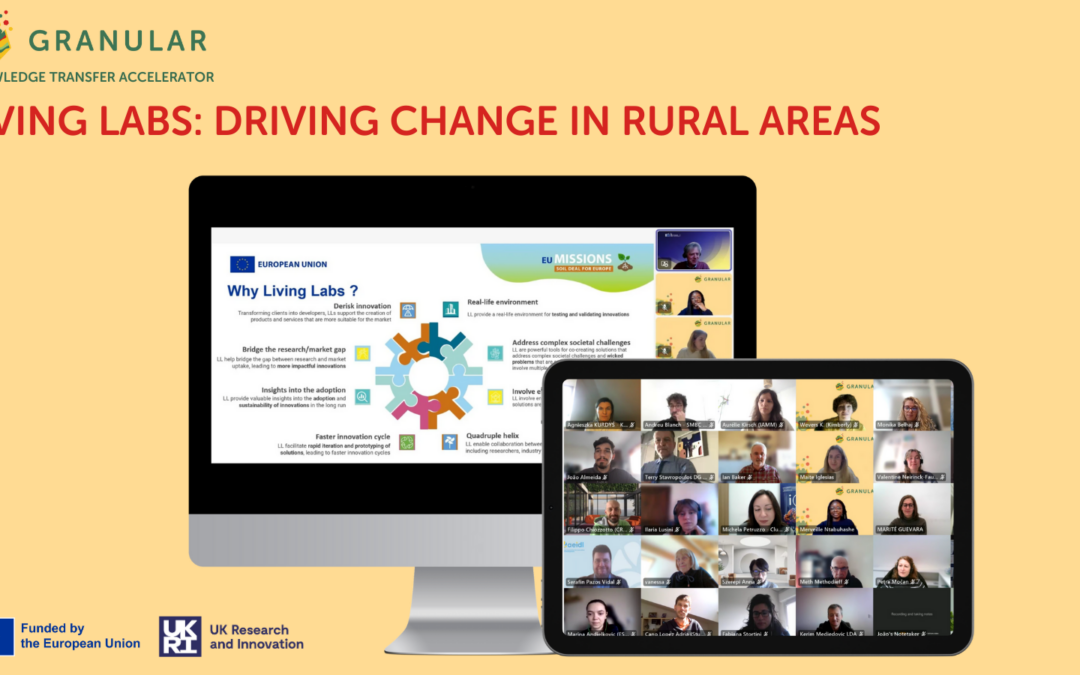BRUSSELS, February 1- The Council and the European Parliament reached a new political agreement for amending the current regulation (Regulation 223/2009) on European statistics. This accord is designed to overhaul the existing legal framework governing the development, production, and dissemination of European statistics (Eurostat).
A revision of the current regulation would contribute to making the European Statistical System fit for the future and more responsive to data needs. Among proposed changes advanced by the Council’s position, there are:
- A further support to multi-source statistics, i.e. statistics developed or produced on the basis of a variety of data sources, including modelling techniques and other statistical methods or innovative approaches;
- Stronger collaboration with private data holder in order to define parameters of data requests, and other arrangements, measures to offset potential costs incurred including how to make data available as well as any organisational and technical measures to protect data confidentiality and trade secrets;
- National Statistical Offices or the Commission (Eurostat) may request a private data holder to make data and the relevant metadata available free of charge when necessary for the development, and production and dissemination of European statistics;
- Specific compensation for data holders might be provided for processing services if in compliance with national laws and other regulations.
This provisional agreement is pending approval by the Council before undergoing the formal adoption procedure. The Commission’s proposal on European statistics is accessible here.
Why is this relevant for GRANULAR?
Data lies at the heart of GRANULAR’s endeavours. The overarching objective of the project to generate novel datasets and methods to better understand the characteristics and dynamics of rural areas and support evidence-based policy making.
In January 2024, a report on “Benchmarking of performance and costs enabling identification of viable options going forward” was published. This report critically evaluates the performance and costs associated with acquiring data relevant to rural territories at various geographical scales. The findings are consolidated in ‘Data Fiches,’ a compilation of 27 datasets capturing a wide range of rural data types, along with ‘Inspiration Examples.’

